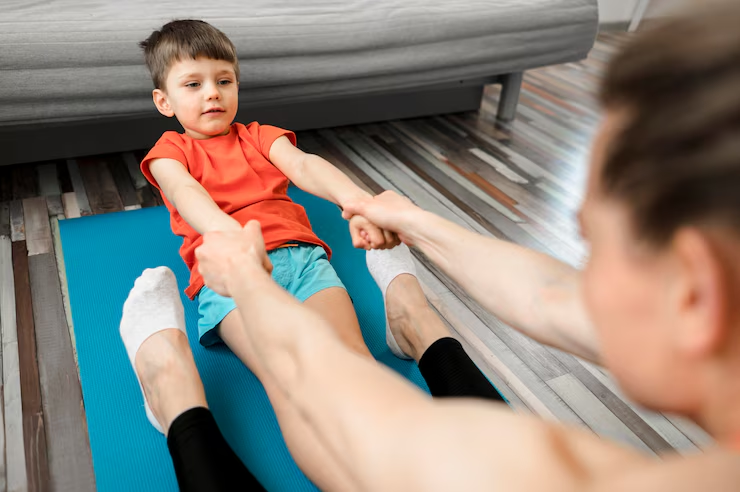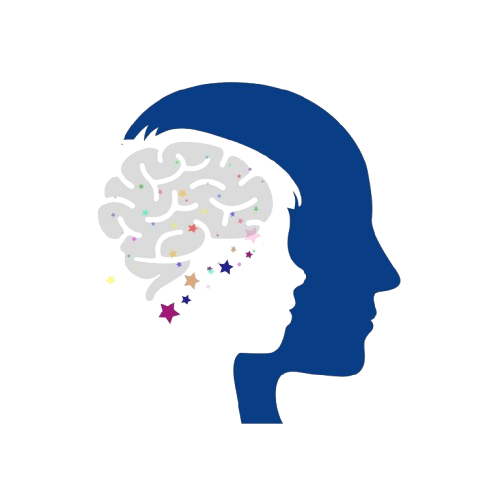Pediatric Movement Disorder
Children with movement challenges, such as involuntary tremors or muscle spasms, often encounter difficulties in their daily lives. Early detection of the underlying cause is crucial for crafting an effective treatment plan. Using advanced diagnostic tools, we focus on managing symptoms with medications, therapy, and other specialized approaches. Our mission is to improve your child’s movement abilities and overall well-being while providing continuous support to families.

Helping Children Move with Confidence and Comfort

Comprehensive Movement Disorder Evaluation
We provide in-depth assessments for children facing delays in speech, motor development, and learning. Identifying neurological factors early helps us understand the causes and plan effective intervention.

Diagnosis of Tics, Dystonia, and Tremors
Our specialists offer precise diagnoses and customized treatment strategies for children dealing with tics, dystonia, and tremors, with their safety, comfort, and overall well-being.

Botulinum Toxin Therapy
We specialize in diagnosing and managing chronic headaches or migraines in children, aiming to reduce the frequency and intensity of pain episodes while improving overall daily functioning.

Genetic and Metabolic Testing for Movement Disorders
We identify genetic and metabolic factors behind tics, tremors, and abnormal movements, offering personalized treatment plans with medical care and therapy.

Medication and Therapy Management
We provide comprehensive care for children experiencing muscle weakness or coordination difficulties, offering accurate diagnoses and continuous management for conditions like muscular dystrophy and nerve disorders.

Rehabilitation and Multidisciplinary Support
We assess the neurological factors behind behavioral and attention challenges, like ADHD, and work closely with families to develop personalized treatment plans that promote lasting improvement.

